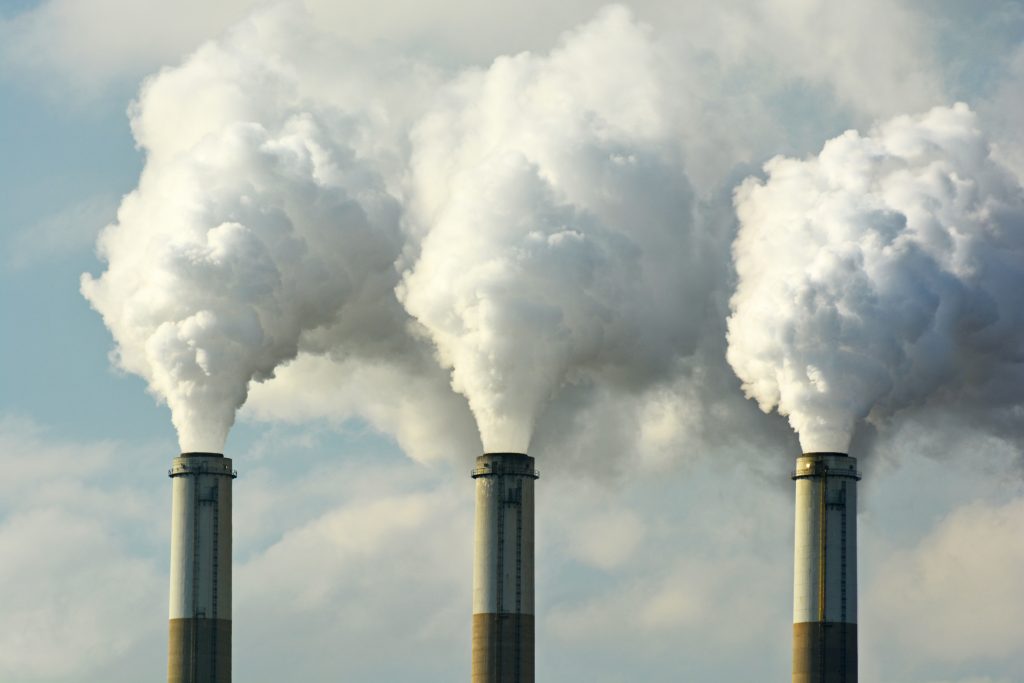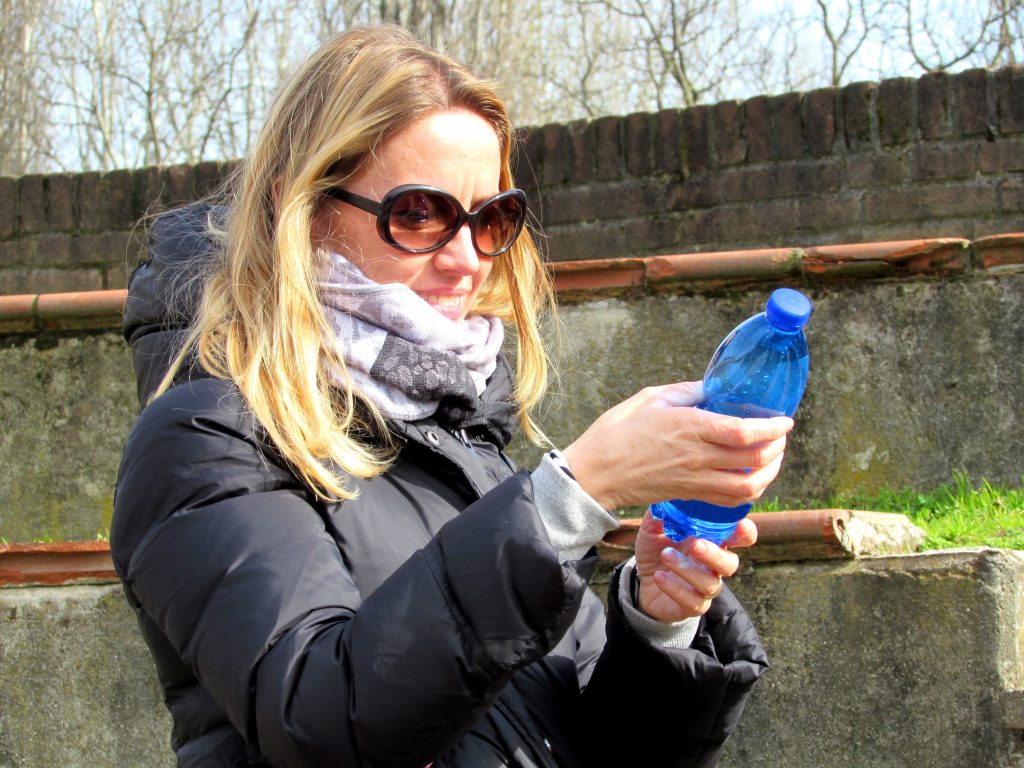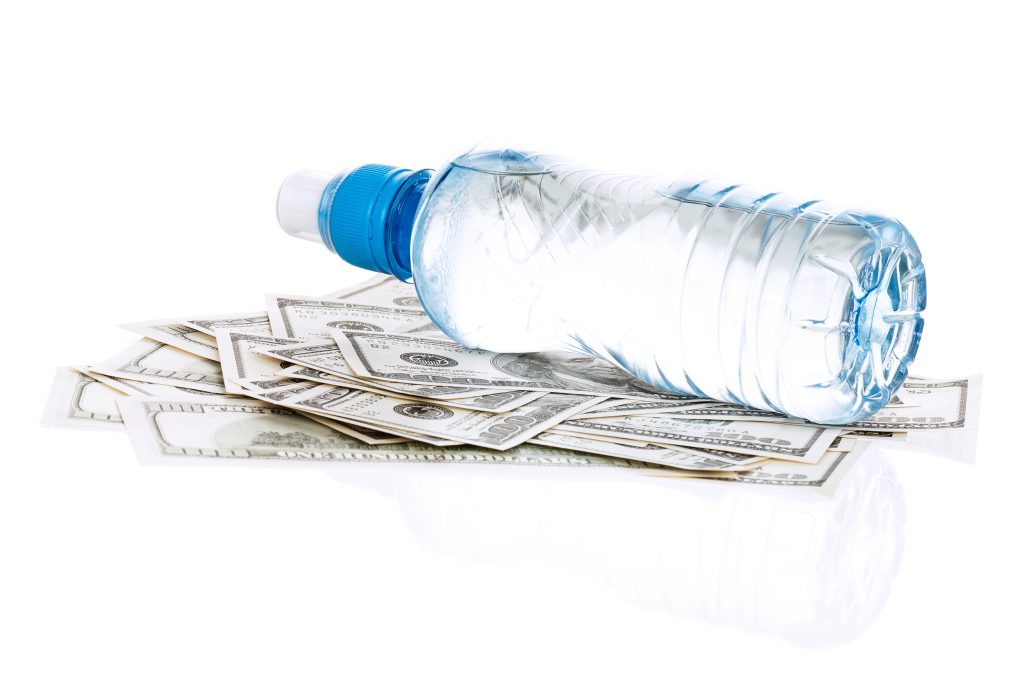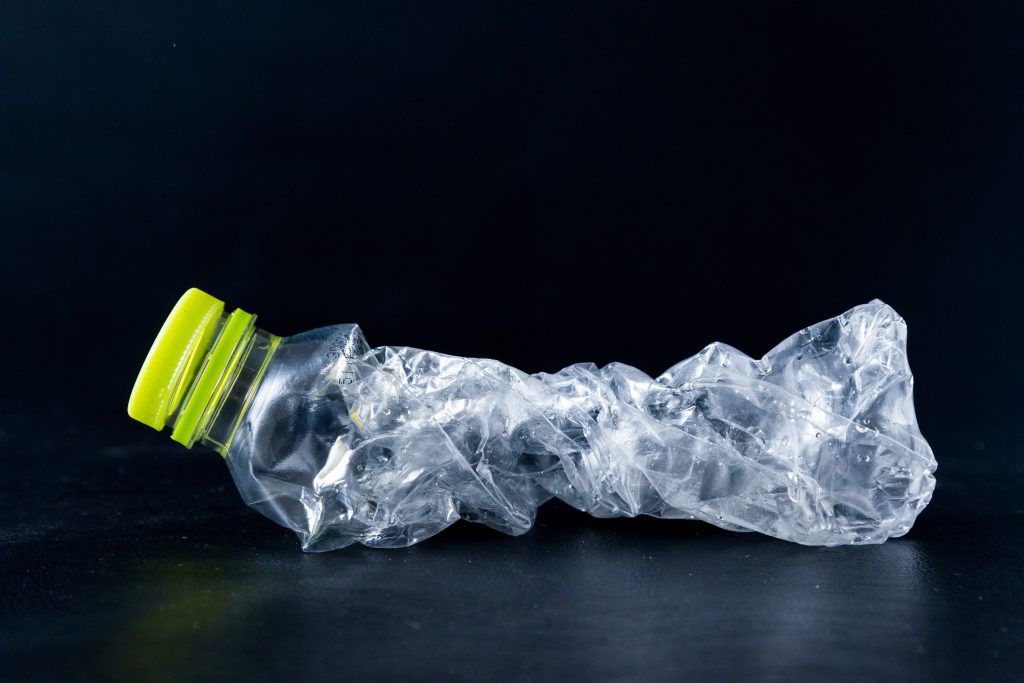Let’s not beat around the bush. If we ignore for a moment all the important benefits of hydrogen alkaline water and look purely at the issue of filtration, it’s no secret that there are cheaper ways to filter your water than with a water ionizer.

At some point, many people consider buying a jug filter. Pitchers are cheap and easy to use, but how do they really compare?
Putting You in The Pitcher
Even the most high-end and technically advanced filter pitchers have only a tiny proportion of the capabilities of a water ionizer. They remove some impurities from your water and make it taste better, but quite often, …














